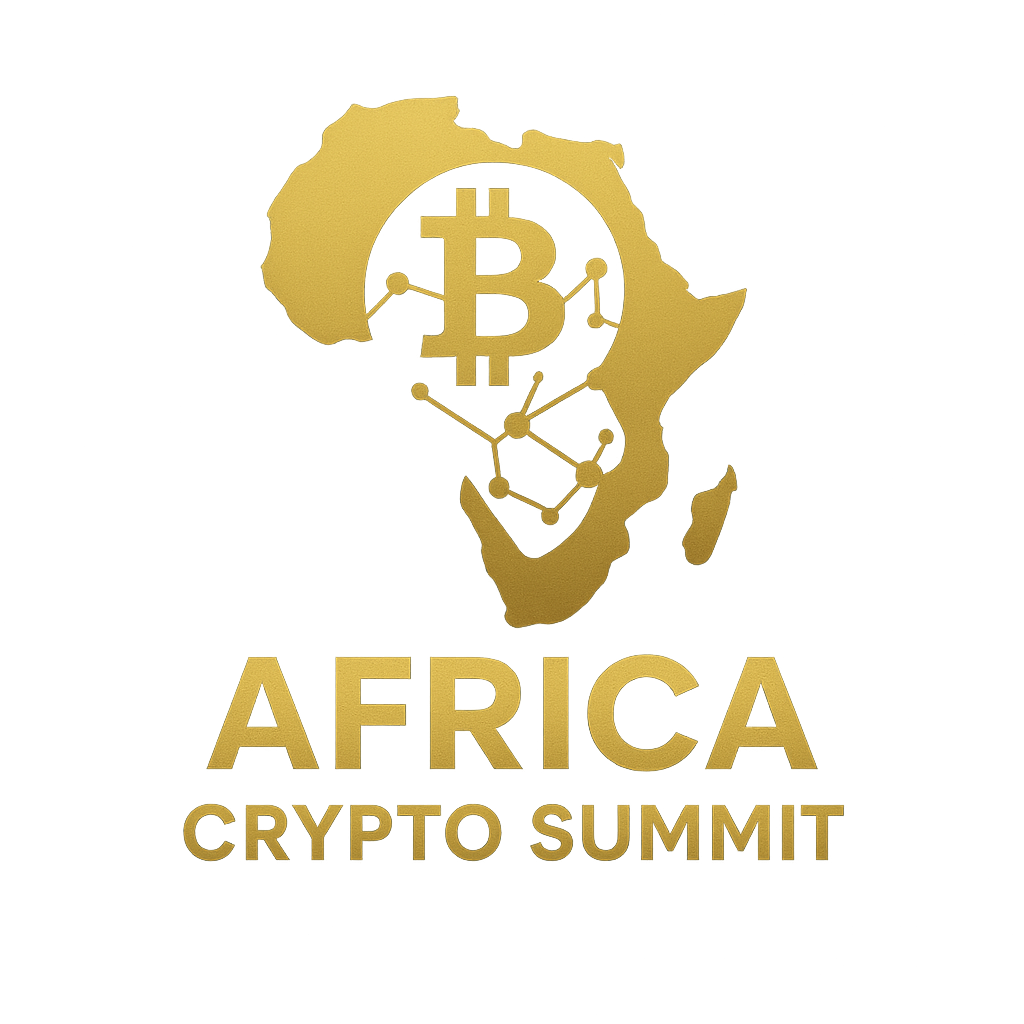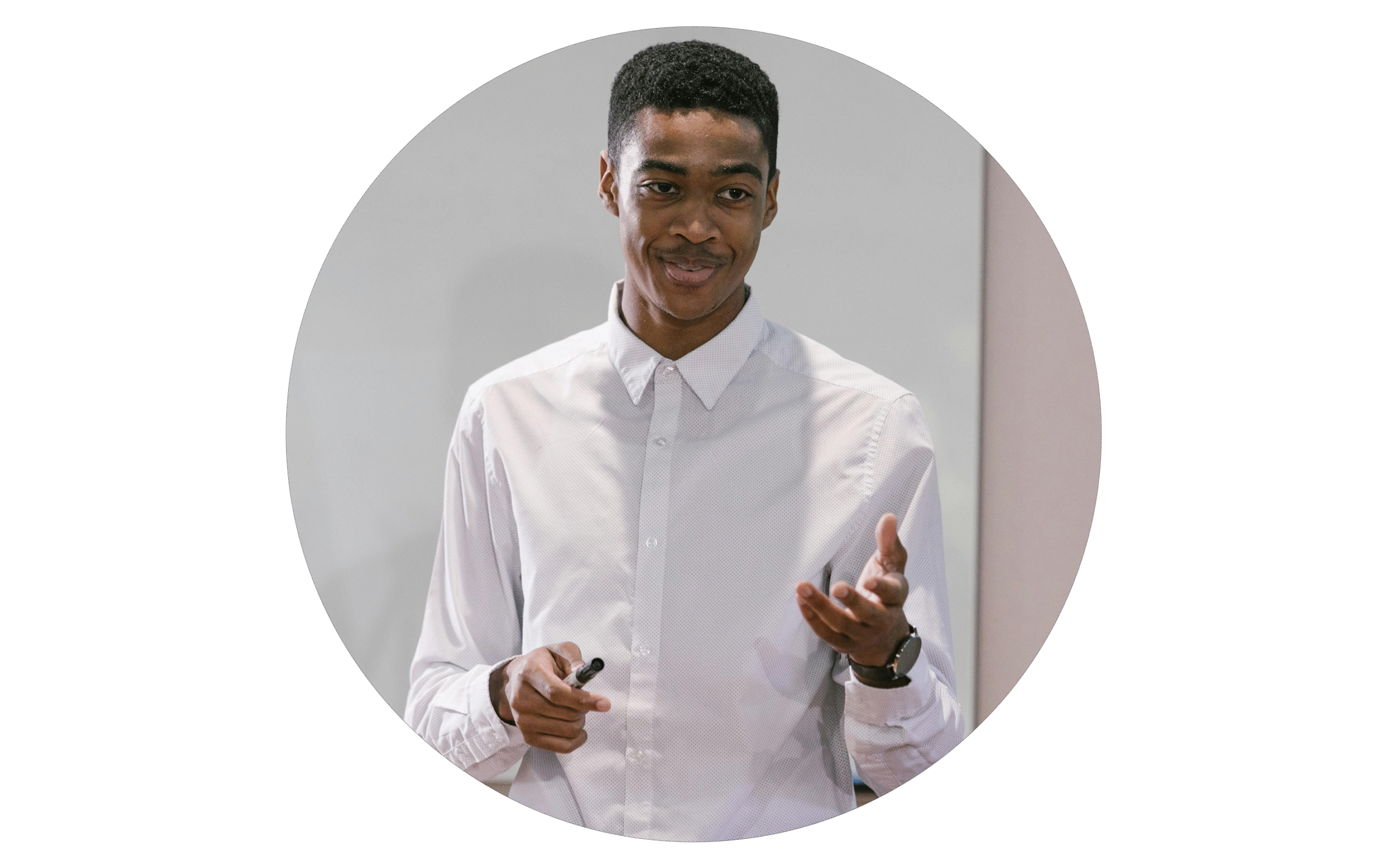
Beyond the Hype: What Exactly Is Web3 and Why Should Africa Care?
-
Summary: This post serves as the foundational pillar for newcomers. It moves beyond complex jargon to explain how Web3 represents a paradigm shift from a web owned by corporations to a web owned by users, and why this is particularly powerful for the African context.
-
Detailed Outline:
-
Hook: Start with a relatable analogy: “Imagine if sending money to a family member in another country was as easy and cheap as sending a WhatsApp message…”
-
The Evolution of the Web:
-
Web1 (The Read-Only Web): The static internet of the 90s. Limited African participation.
-
Web2 (The Read-Write Web): The social, centralized web (Facebook, Google, Twitter). We create value but platforms own our data and profits. Highlight the digital colonialism debate.
-
Web3 (The Read-Write-Own Web): Introduces ownership through blockchain. You own your data, your assets (crypto), and your digital identity.
-
-
Core Concepts Made Simple: Briefly define:
-
Blockchain: A shared, immutable digital ledger (like a community-owned record book everyone can trust).
-
Cryptocurrency: The native digital asset of these blockchains (money for the new internet).
-
Smart Contracts: Self-executing code that automates agreements (e.g., automatically releasing insurance payouts after a flood).
-
-
The African Opportunity: Focus on leapfrogging legacy systems.
-
Financial Inclusion: Banking the unbanked with a smartphone and an internet connection.
-
Transparent Governance: Reducing corruption in aid distribution and public contracts via transparent ledgers.
-
Empowering Creators: African artists and musicians using NFTs to reach global audiences without intermediaries.
-
-
-
“This is just the beginning. To truly understand how to build and benefit from this new internet, join us at the Africa Crypto Summit where we’ll translate theory into practice.”




